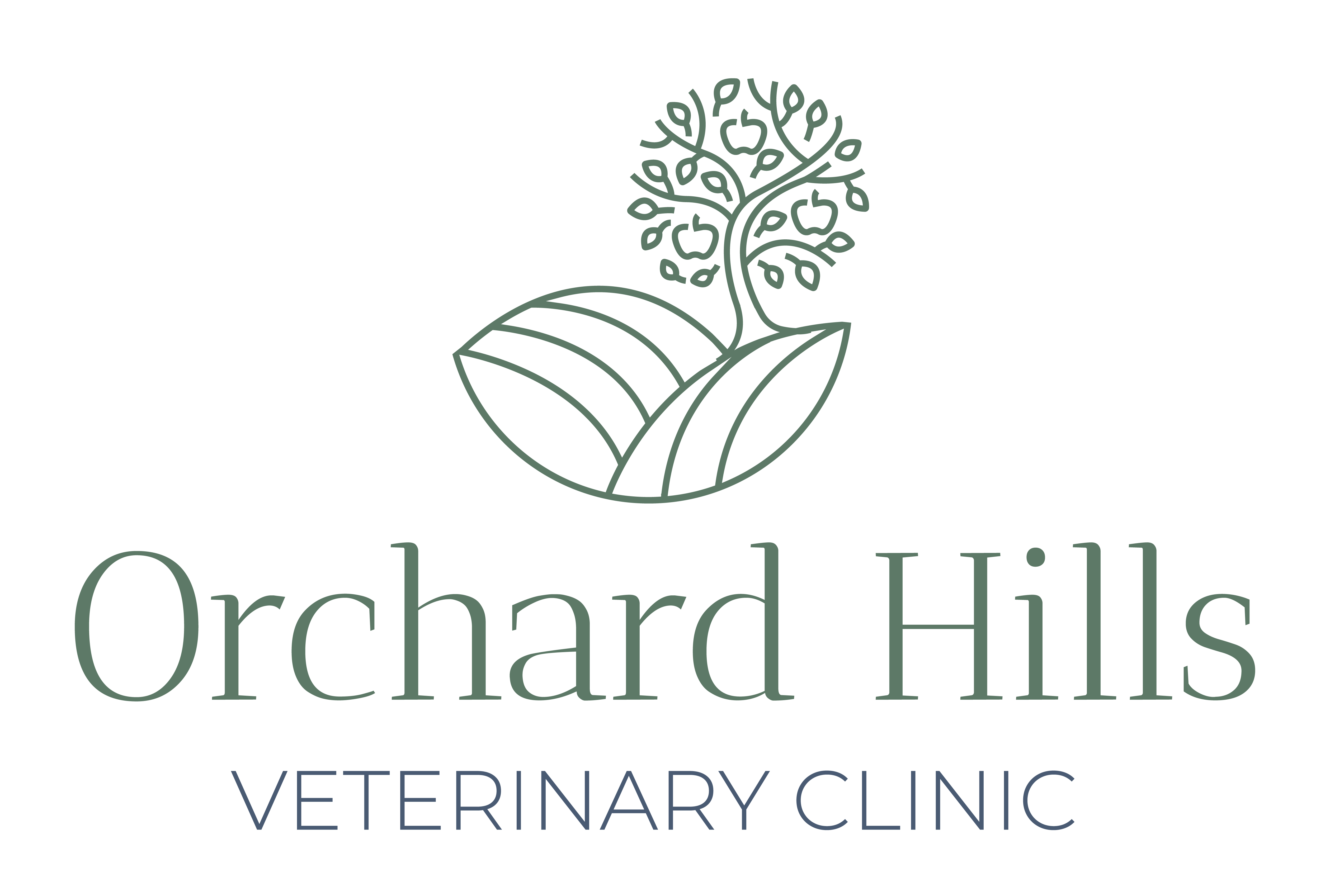Library
-
Who could resist that fuzzy face? The Havanese is a delightful companion for all ages. They have plenty of stamina to keep up with the most energetic child. Bichon-type dogs often perform in circuses and happily show off tricks for their families and other spectators.
-
Hawthorn is given by mouth and is used over the counter and off label to treat heart conditions, digestive issues, and anxiety. Give as directed by your veterinarian. Side effects are uncommon but may include dizziness or stomach upset. Do not use in pets that are allergic to it or are pregnant or nursing. If a negative reaction occurs, please call your veterinary office.
-
Head halters can provide better control and safety for some dogs. A proper fit with gentle leash handling and positive reinforcement training is required to make a head halter successful. Some dogs may find the head halters aversive, which means it is not the right tool for them.
-
This handout outlines the various health registries in existence that strive to improve the health of dogs and cats. Included in this list are the Canine Health Information Center, Orthopedic Foundation for Animals, Companion Animal Eye Registry, Animal Registry of Certified Health, and the Cat Phenotype and Health Information Registry. Also discussed are canine breed-specific registries, along with the National Pet Microchip Registration.
-
Chickens are fun, playful, friendly small pets, and they can be very enjoyable both in an outdoor or indoor environment. Like all small pets, chickens require the proper diet, protection from predators, and room to move around. This handout discusses general housing, nutrition, and health care for chickens.
-
Just like humans, dogs derive health benefits from regular exercise. An important aspect of facilitating, enhancing, lengthening, and strengthening our relationships with our canine companions is to keep them strong and fit through physical activity.
-
Though less common than in dogs, some heart conditions in cats are serious and need to be treated medically. The most common type of heart disease in cats is adult-onset hypertrophic cardiomyopathy. The most common types of congenital heart disease are malformations of a valve, or a septal defect in the wall that divides the right and left sides of the heart. Diagnosis involves X-rays, ECG, and echocardiography. Treatment depends on the cause of the heart disease.
-
Heart disease is more common in dogs than in cats. It can be due to congenital defects or adult-onset disease. The two most common types of adult heart disease are mitral regurgitation (valve disease) and dilated cardiomyopathy or DCM (heart muscle disease). Diagnosis involves X-rays, ECG, and echocardiography. Treatment depends on the cause of heart disease.
-
This handout discusses what a heart murmur is, how it is detected, what recommended tests are advised to determine the underlying cause, and potential treatments or monitoring that should be undertaken when a murmur is detected in your cat.
-
This handout discusses what a heart murmur is, how it is diagnosed, what recommended tests are advised to determine the underlying cause, and potential treatments or monitoring that should be undertaken when a murmur is detected in your dog.

